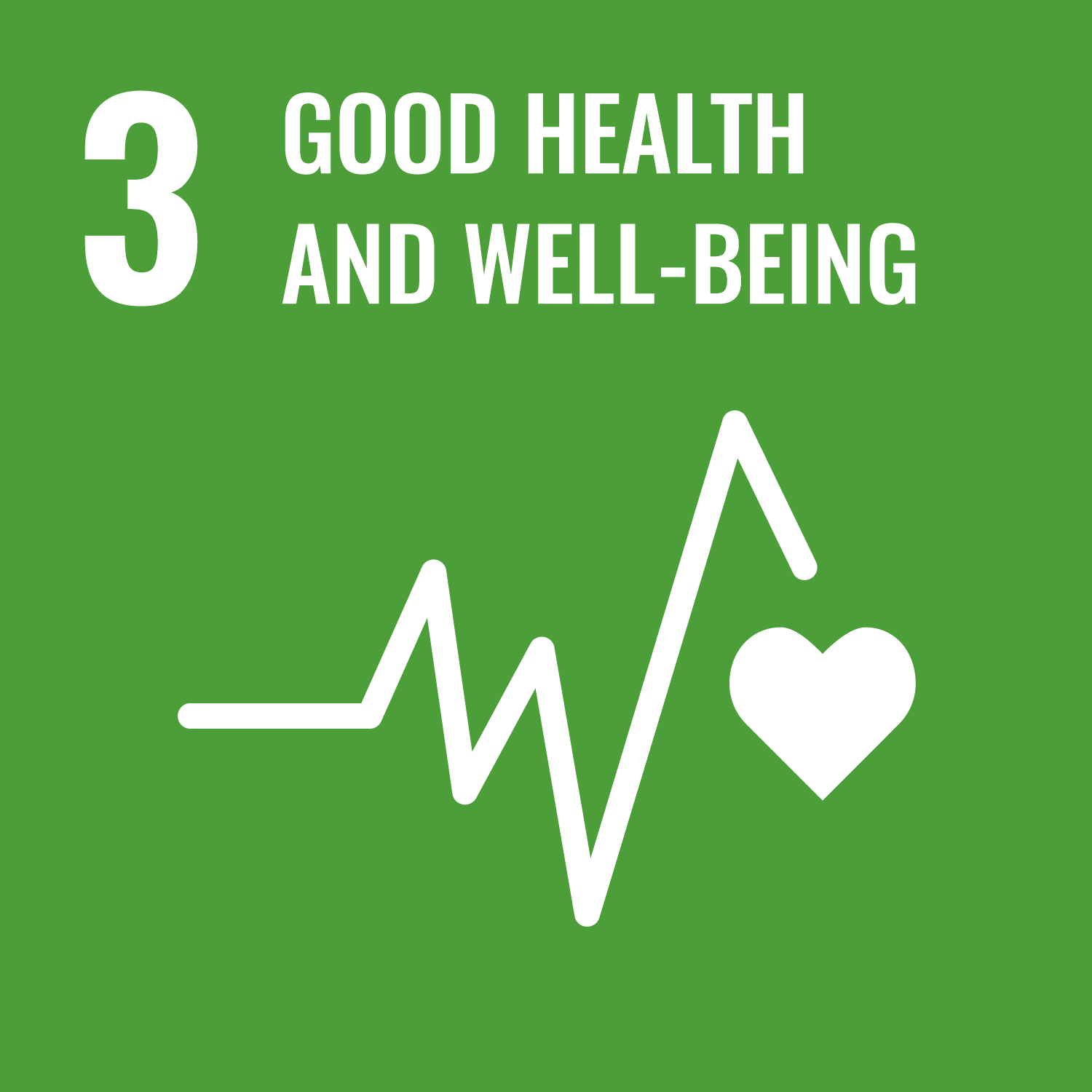SDG Detail
P8544Environmental Health Economics
Postgraduate courseProject description
The primary goal of environmental regulation is to protect human health, but there are a wide range of options available to policy makers and considerable disagreement over how to best implement regulation. This class focuses on understanding environmental health policy from an economic perspective. After reviewing basic economic concepts relevant for this course, we discuss an economic viewpoint of environmental issues, including when and how to intervene with markets. Since all environmental regulation requires knowledge of the threats posed by environmental exposure, we then focus on measuring the health benefits from environmental policies, recognizing we omit several important non-health benefits. We also briefly discuss the costs posed to society from environmental regulation, an important component of regulatory impact analysis often required by federal rules. We discuss the main approaches to environmental policy in the US, including incentive based approaches, such as tradeable discharge permits, emission taxes and subsidies, and voluntary programs, and the more traditional �command and control� approach. After highlighting the strengths and weaknesses of each approach, we apply these concepts to current environmental policy on such topics as air quality, toxic and hazardous waste, climate change, and ozone depletion.
Project aims
?
Project outcome
?
Related SDGs
The corresponding sustainable development goals correlated with this project. You you click the icon to link to SDG category description page.











